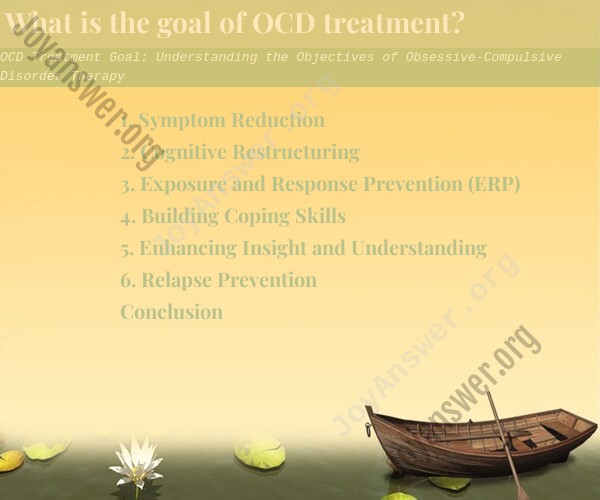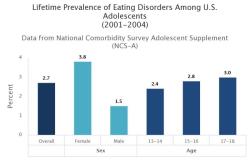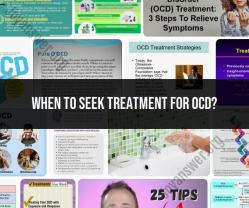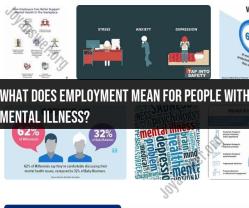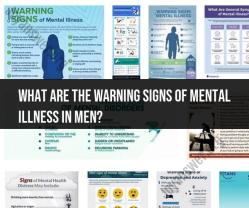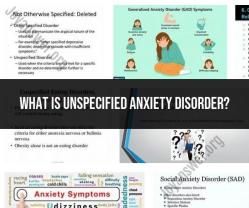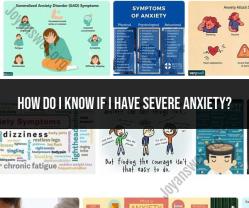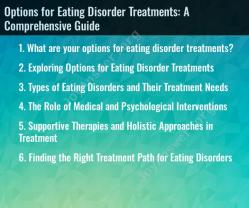What is the goal of OCD treatment?
Obsessive-Compulsive Disorder (OCD) is a mental health condition characterized by obsessive thoughts and compulsive behaviors that can significantly impact a person's daily life. The primary goal of OCD therapy is to alleviate symptoms, improve functioning, and enhance the individual's quality of life. OCD therapy employs evidence-based approaches to achieve the following objectives:
1. Symptom Reduction
The primary objective of OCD therapy is to reduce the intensity and frequency of obsessive thoughts and compulsive behaviors. Therapists work with individuals to identify specific obsessions and compulsions and develop strategies to manage and control them effectively.
2. Cognitive Restructuring
OCD therapy involves cognitive restructuring, which aims to challenge and modify negative thought patterns and irrational beliefs related to the obsessions. By replacing these thoughts with more balanced and realistic ones, individuals can reduce anxiety and distress associated with their obsessions.
3. Exposure and Response Prevention (ERP)
Exposure and Response Prevention (ERP) is a core component of OCD therapy. It involves exposing individuals to their obsessions in a controlled and gradual manner, while refraining from engaging in compulsive behaviors. This process helps to weaken the connection between obsessions and compulsions, leading to decreased anxiety over time.
4. Building Coping Skills
Therapists work with individuals to develop effective coping skills to manage stress and anxiety. These skills may include relaxation techniques, mindfulness practices, and problem-solving strategies to help individuals cope with OCD triggers and challenging situations.
5. Enhancing Insight and Understanding
By gaining a better understanding of the underlying factors contributing to their OCD, individuals can develop insight into their condition and the mechanisms that maintain it. This understanding is crucial in developing effective strategies to manage and prevent OCD symptoms.
6. Relapse Prevention
OCD therapy aims to equip individuals with tools to prevent relapse and maintain progress achieved during treatment. By identifying potential triggers and early signs of OCD symptoms, individuals can proactively apply coping strategies to avoid relapse.
Conclusion
OCD therapy is a comprehensive and evidence-based approach aimed at reducing the impact of obsessive-compulsive disorder on an individual's life. By addressing symptom reduction, cognitive restructuring, exposure and response prevention, building coping skills, enhancing insight, and relapse prevention, OCD therapy empowers individuals to take control of their condition and improve their overall well-being.
